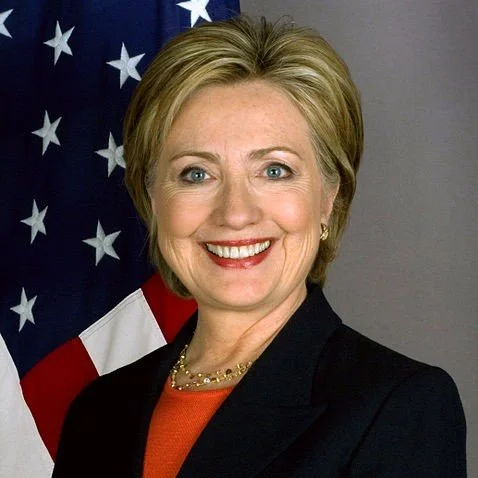Sen. Clinton’s 2005 Legislative Attempt to Help Families in the Gaming Trenches
Of all the high-profile elected office holders to sound the alarm about the damaging effects brought on by violent video game play since the late 1980s, some even put forth legislation on the issue.
Former Sen. Hillary Clinton (D- New York) is one of those who did.
Nearly 20 years ago in 2005, she— along with senators Joe Lieberman (CT), Tim Johnson (SD) and Evan Bayh (IN)— introduced the Family Entertainment Protection Act, a law that would have put federal enforcement behind the Entertainment Software Ratings Board’s (ERSB) classification of video game content. Fundamentally, any retailer who sold an Mature-rated game to a minor could face fines and be required to do community service.
After highlighting several offensive and grotesque acts practiced by players in popular video games, Sen. Clinton (in November 2005) cited 40 years of media violence influence leading to a comprehensive statistical analysis that suggested violent video games increase aggressive behavior, before asserting:
”I want everybody to know that exposure to violent video games is also (like other addictive harms she had cited) bad for children.”
Sensitive to being cited for applying the heavy hand of government, the senator added:
“It's not about government censorship or regulation of content. Quite simply it is about protecting children and empowering parents. If you put it just really simply, these violent video games are stealing the innocence of our children.”
Unfortunately, Sen. Clinton’s bill did not make it out of committee. In 2011, the U.S. Supreme Court ruled in a similarly-themed case there were was a “less restrictive” alternative available to parents who wanted to limit their chidren’s exposure to M+ Rated video gaming experiences— themselves as parents.
This approach espoused by SCOTUS, which might be dubbed “just say no” to dangerous gaming was difficult enough to enforce nearly 15 years ago.
With the gaming world now nearly an all ‘on demand’ one that has left both brick-n-mortar stores and middlemen behind— the burden of maintaining technological control has grown immeasurably more difficult.
The frenetic schedules many working families keep, along with the persistent requirement for parents to play technological defense against a child determined to game at all costs, has a created a situation where parents could use a little help in maintaining reasonable patterns and norms in their homes.
Aside from her senatorial/presidential staff debating whether virtual violence begets actual violence in the mid- 2010s, Sen. Clinton seems to have relinquished the cause of calling out gaming dangers— at least publicly— in the time that has passed since her valiant effort in 2005.
Still, her words on the innocence of children being stolen by video gaming are true as ever, and that she, along with several other high-profile democratic senators at the time, advanced this legislation, illustrates that contesting excess gaming is not for Republicans alone.
Thankfully, the issue of reclaiming children’s innocence is one that has been joined by members of both major political parties through the years.

